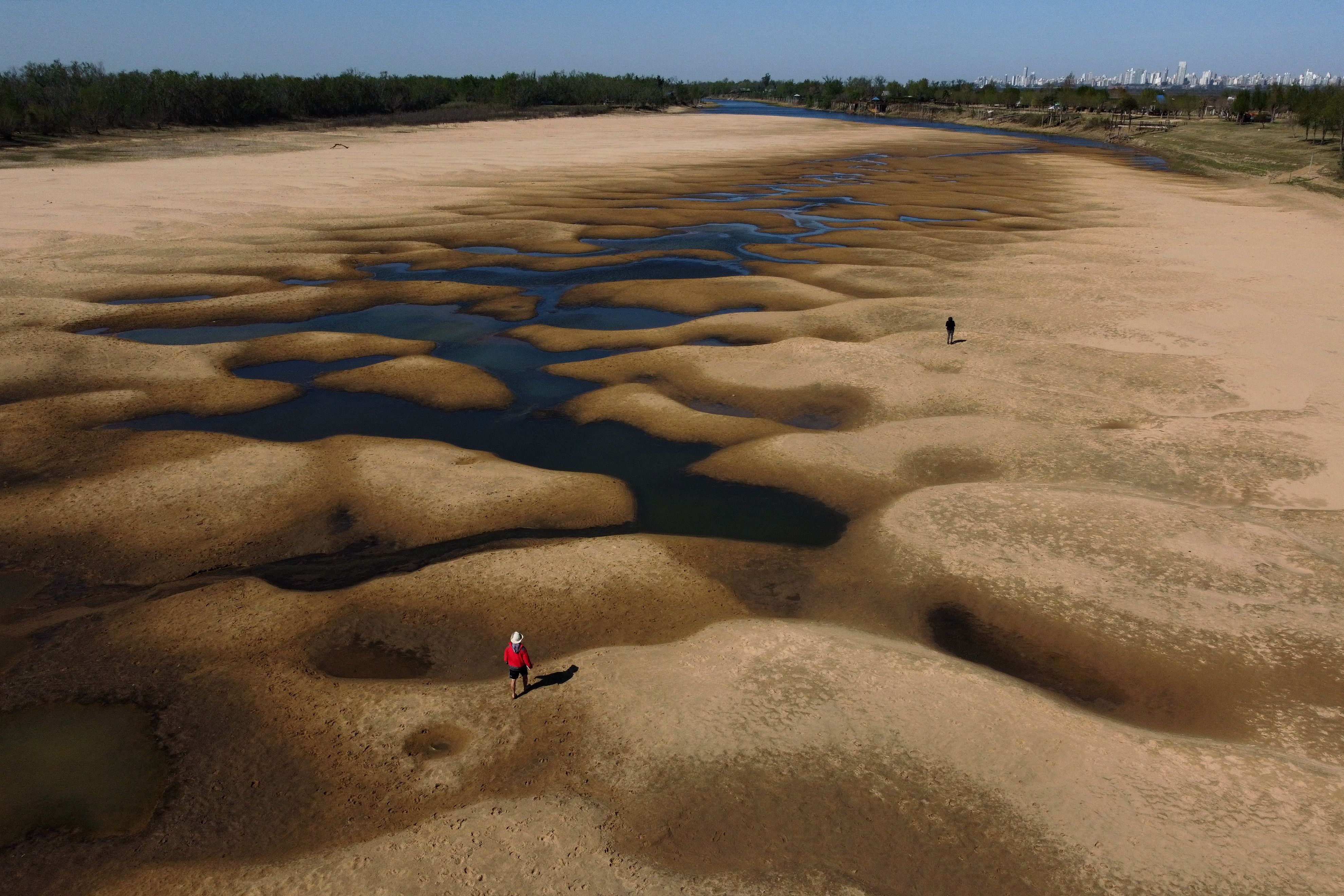- cross-posted to:
- climate@slrpnk.net
- cross-posted to:
- climate@slrpnk.net
Leading scientists worldwide delivered a striking dose of reality to the United Nations on Sunday: it’s “becoming inevitable” that countries will miss the ambitious target they set eight years ago for limiting the warming of the Earth.
The ominous estimate points to the growing likelihood that global warming will shoot past 1.5 degrees Celsius before the end of this century, inflicting what scientists describe as an overwhelming toll from intensifying storms, drought and heat on people and the economy. It also injects an urgent message into global climate talks in Dubai, where the debate over ramping down fossil fuels is set to flare over the next two weeks.
Surpassing the temperature threshold — even temporarily — would be a major blow to the international Paris climate agreement from 2015, which called for nations to keep global temperatures well within 2 degrees Celsius of their preindustrial levels, and within 1.5 degrees if at all possible. The findings come amid climate talks that for the first time are focused on taking stock of whether almost 200 nations are meeting that goal. Early indications offer a bleak picture.



It’ll settle somewhere around 3° to 5°, because that’s the point where the global economy collapses irrecoverably. There’s no other way that we’re going to get out of this.
Unless somewhere on the way to +3°C there’s a tipping point that will lead to runaway heating, then all bets are off and +10°C is on the table.
I think somewhere well before +10 is catastrophic deoxygenation of the oceans, so that’s fun
How much profit might one extract before getting to that point? Asking for a friend.
None that you can take with you, and not enough for food, but enough to suffocate in a bunker if your guards don’t shoot you
Also, at some point we’ve actually burnt all the oil. So there is an upper bound, unless it triggers a runaway.
Well you can also make organic compounds for combustion from plants or directly from the constitutive monomers, so theoretically… we can go on after oil!
Yes, but this requires energy input, so it isn’t as efficient as just using that energy directly.